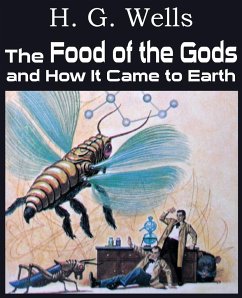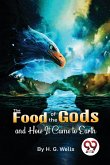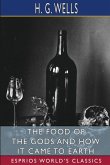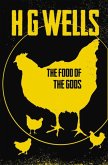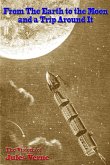The Food of the Gods and How It Came to Earth is an H. G. Wells science fiction novel which Wells called "a fantasia on the change of scale in human affairs. . . . I had hit upon [the idea] while working out the possibilities of the near future in a book of speculations called Anticipations." Mr. Bensington, a research chemist specializing in the More Toxic Alkaloids, and Professor Redwood, who after studying reaction times takes an interest in "Growth." Unfortunately their Herakleophorbia IV enter the local food chain and havoc ensues. Herbert George "H. G." Wells was an English writer best known for his work in science fiction. He was also a prolific writer in many other genres, including contemporary novels, history, politics and social commentary, even writing textbooks and rules for war games. His most notable science fiction works include The War of the Worlds, The Time Machine, The Invisible Man and The Island of Doctor Moreau.
Hinweis: Dieser Artikel kann nur an eine deutsche Lieferadresse ausgeliefert werden.
Hinweis: Dieser Artikel kann nur an eine deutsche Lieferadresse ausgeliefert werden.

